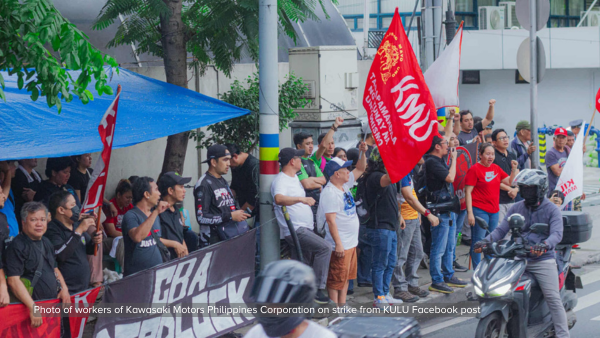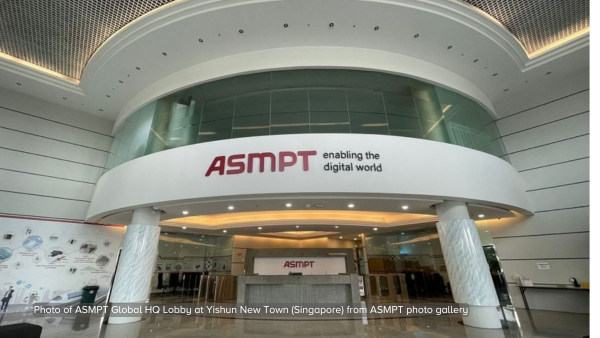An investigation of the Guardian last November revealed that migrant workers in Malaysia, who produce for Panasonic and Samsung, are exploited and underpaid. The steps that the two companies have taken since then fall short in preventing abuses in their supply chains.
Migrant workers claim they have been deceived about the nature and conditions of the work. Upon arrival in Malaysia, the passports of migrant workers were confiscated and they had to work up to 14 hours without rest. Additionally, they did not receive the salary they have been promised.
After the abuses were revealed, Panasonic and Samsung have taken steps to improve the situation of migrant workers. Panasonic created a hotline where employees could report abuses and Samsung terminated the contract with the supplier that was identified by the report of the Guardian. However, it is unclear if employees of that firm received sufficient compensation. Samsung also developed guidelines to its suppliers and banned recruitment fees and the confiscation of passports.
While rights groups welcome the steps that have been taken, they argue that the interventions fall short in preventing abuses. Rights groups like Amnesty International and the Business & Human Rights Resource Center rose in particularly questions about the implementation and enforcement of the proposals of the two companies.
Read more here.









